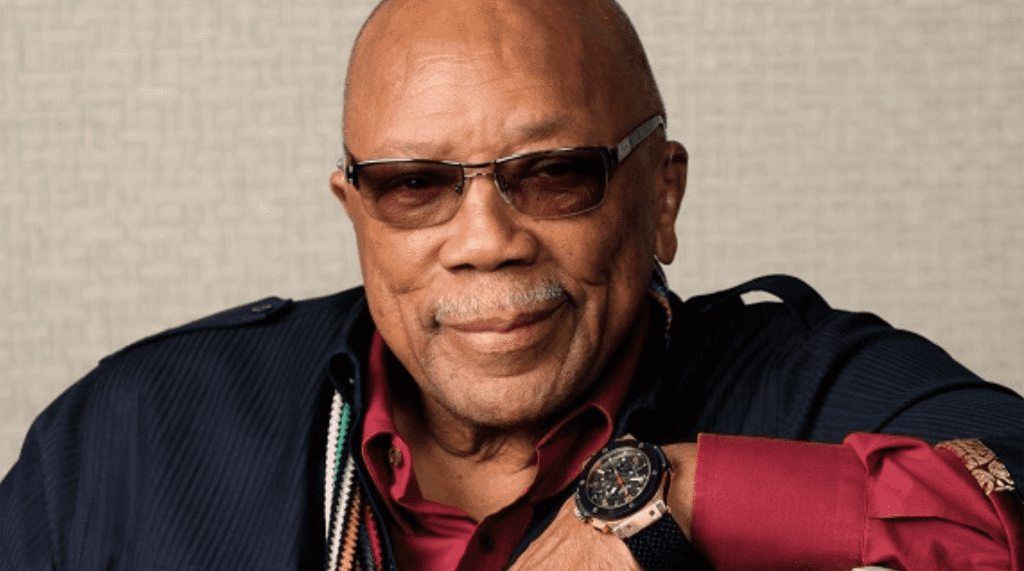The world of music and entertainment is mourning the loss of Quincy Jones, the legendary producer, composer, and visionary, who passed away peacefully at the age of 91. Known for his transformative impact on jazz, pop, and R&B, Jones leaves behind a legacy that reshaped the music industry and inspired generations of artists worldwide.
Jones, whose career spanned over seven decades, was celebrated not only for his musical genius but also for his role in breaking down racial barriers and promoting cultural unity. His groundbreaking collaborations with Michael Jackson on albums like Thriller and Bad solidified him as a force in the industry. “Quincy was a mentor, a friend, and a trailblazer,” said music icon Stevie Wonder. “He taught us all to dream bigger and to reach for excellence in everything we do.”
An Influential Legacy
Throughout his career, Quincy Jones produced an astounding 79 Grammy nominations, winning 28 awards and setting records that remain unmatched. Jones’s influence extended beyond music, touching on film, television, and humanitarian work. “He was more than just a producer; he was a storyteller and a bridge between cultures,” remarked Herbie Hancock, a fellow jazz legend. “The music industry has lost a giant, and we are all richer for having experienced his creativity and generosity.”
Aside from his work in the studio, Jones was a champion for social causes, advocating for civil rights, African unity, and youth education. Many remember his founding of USA for Africa, the charity behind the global anthem “We Are the World.” Bono, lead singer of U2, praised Jones for his philanthropy, saying, “Quincy used his platform to advocate for those who had no voice, and he showed us that music could be a powerful tool for change.”
Tributes from Industry Titans
Musicians, producers, and artists from around the world have expressed their condolences and admiration for Jones’s vast contributions. Grammy-winning artist Alicia Keys took to social media to share her thoughts, writing, “There will never be another Quincy. His vision, love for music, and dedication to humanity changed everything for so many of us. We owe him so much.” Jazz trumpeter Wynton Marsalis also paid tribute, calling Jones “a father figure to jazz and a living legend who never stopped evolving.”
A Legacy of Breaking Barriers
Jones’s success broke many barriers for Black musicians and producers, paving the way for future generations. He was the first Black man to be nominated for an Academy Award for Best Original Score and the first African-American to conduct a white orchestra at the Oscars. “Quincy opened doors that had been closed for too long,” commented film director Spike Lee. “He made it possible for Black artists to thrive in spaces where they’d historically been excluded.”
Music historian Dr. Emily Sanders remarked, “Jones’s work transcended genre and brought people together across racial and cultural lines. His influence in music and popular culture is unparalleled, and his legacy will continue to inspire.”
Honoring a Life Well Lived
As the world reflects on Quincy Jones’s extraordinary life, there is a collective appreciation for the countless ways he contributed to music and humanity. From jazz clubs in Chicago to the bright lights of Hollywood, Jones left an indelible mark on every stage he touched. His passing marks the end of an era, but his music and message of unity will live on.
Celebrations of his life and work are expected to be held in Los Angeles and Chicago, bringing together fans, friends, and family to honor his memory. As Wyclef Jean aptly put it, “Quincy Jones was the heartbeat of music, and his legacy will forever be our guide.”



















